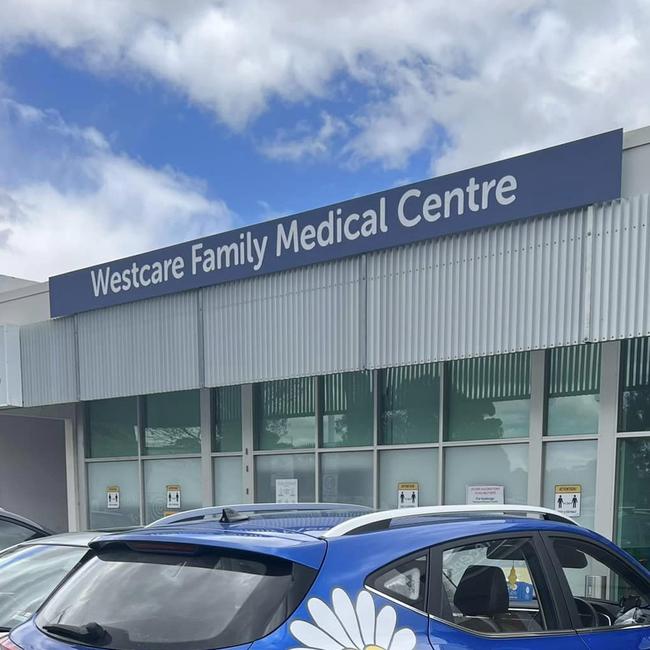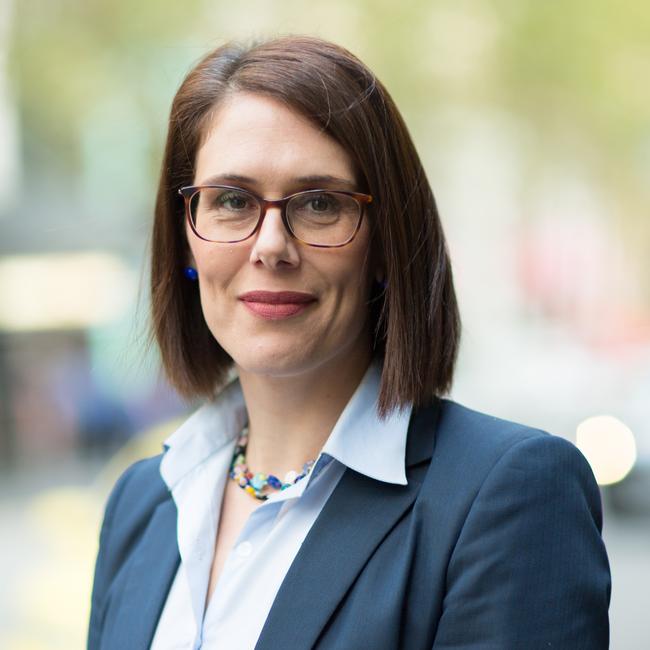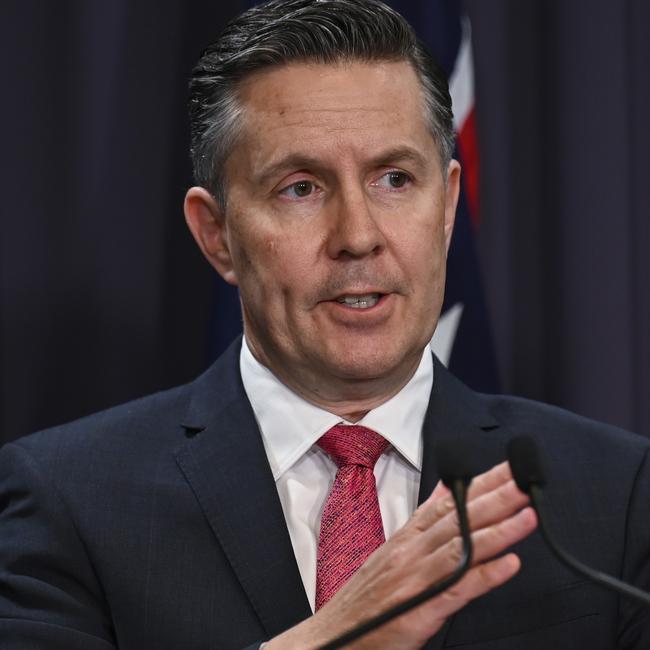Melton patients turned away as Victorian GPs unable to replace retiring doctors
A Melton GP clinic is the latest to be unable to replace a retiring doctor, highlighting the statewide shortage. Read the worrying trend as the Health Minister makes a frank admission about primary care.
North West
Don't miss out on the headlines from North West. Followed categories will be added to My News.
Struggling GP clinics are turning away patients because they can no longer replace retiring doctors, as the industry’s peak body claims the “tragic” situation could have been prevented.
Long-time patients of a medical centre in Melbourne’s west have received confronting letters informing them the practice had been unable to recruit a new GP and none of the remaining doctors could take them on.
Melton-based Westcare Family Medical Centre has contacted patients under a retiring doctor and stated they would need to find another practice.
In the letter sent last month, Westcare told patients that following a number of retirements in recent years, they could no longer meet patient demand.

The troubling trend comes as the Royal Australian College of General Practitioners (RACGP) revealed that a quarter of GPs — more than 7500 nationwide — will consider retiring within the next five years.
The letter, seen by the Herald Sun, also told remaining patients about a “challenging” change to the billing policy which would see all GPs charge a private fee for consultations, even for concessions and pensioners.
“We understand that some people may have been bulk billed when seeing a doctor that they have known for a long time,” the letter read.
“[W]ith Medicare rebates falling so far behind actual costs we find it impossible to continue to provide the quality of care we insist on without raising our fees.”
Longer consultations were quoted at $135 while shorter visits were $83.

Another Melton GP echoed it has been difficult to recruit in the region and its practice was also unable to replace retiring doctors.
RACGP Victoria Chair Dr Anita Muñoz said it was “a bitter pill to swallow” as the College had been warning of such a “dire” situation for at least a decade.
“There has been a long-term devaluing, and quite frankly disrespect, of GPs and that has contributed to a lack of serious funding … I am concerned that people will only begin to appreciate the service we GPs provide after the profession has been decimated,” Dr Munoz said.
“We have warned of a major workforce shortage and pointed out that the lack of investment to attract, retain and remunerate doctors would impact our ability to replace retiring ones,” she said.

Dr Muñoz said it was “tragic” to hear every time a GP clinic had to turn away patients, but that there was a lack of awareness about the financial strain on practices with Medicare being insufficient to cover all costs.
“It is naive to see the price of everything outside your GP clinic increase, such as energy bills, groceries and mortgages and not think that medical care is also impacted.”
The RACGP’s 2022 Health of the Nation Report revealed that the proportion of GPs considering imminent retirement had increased significantly last year.
A quarter of those surveyed stated they planned to retire within the next five years, an increase from 18 per cent in 2021.
The RACGP report stated that unsustainable workloads and burnout among GPs was contributing to early retirement.
The College referenced “worrying” projections that Australia would face a shortfall of more than 11,500 GPs by 2032, as less than 14 per cent of future doctors are choosing to pursue general practice.
Health Minister Mark Butler said that primary care is in its “worst shape” since Medicare began.

“After nine years of cuts and neglect to Medicare, it has never been harder to see a doctor, and never more expensive - with bulk billing rates in decline, and gap fees constantly going up,” Minister Butler said.
“The former Government froze the Medicare rebate for six years, ripping billions of dollars out of primary care and causing gap fees to skyrocket,” he said.
“The Albanese Government is committed to investing in general practice and strengthening Medicare ... we are investing $146m to attract and retain more health workers to rural and regional Australia through improving training and incentive programs.”
A Westcare Family Medical Centre spokeswoman said the shortage of GPs in Australia was “dire”.
“Fewer medical students are choosing to become GPs, older doctors are retiring, and operating costs continue to increase faster than the government is raising Medicare rebates,” she said.
“All of this is making it increasingly difficult to attract and retain doctors.
“This is not a problem specific to Melton; it’s part of a trend we are seeing across Australia.”




